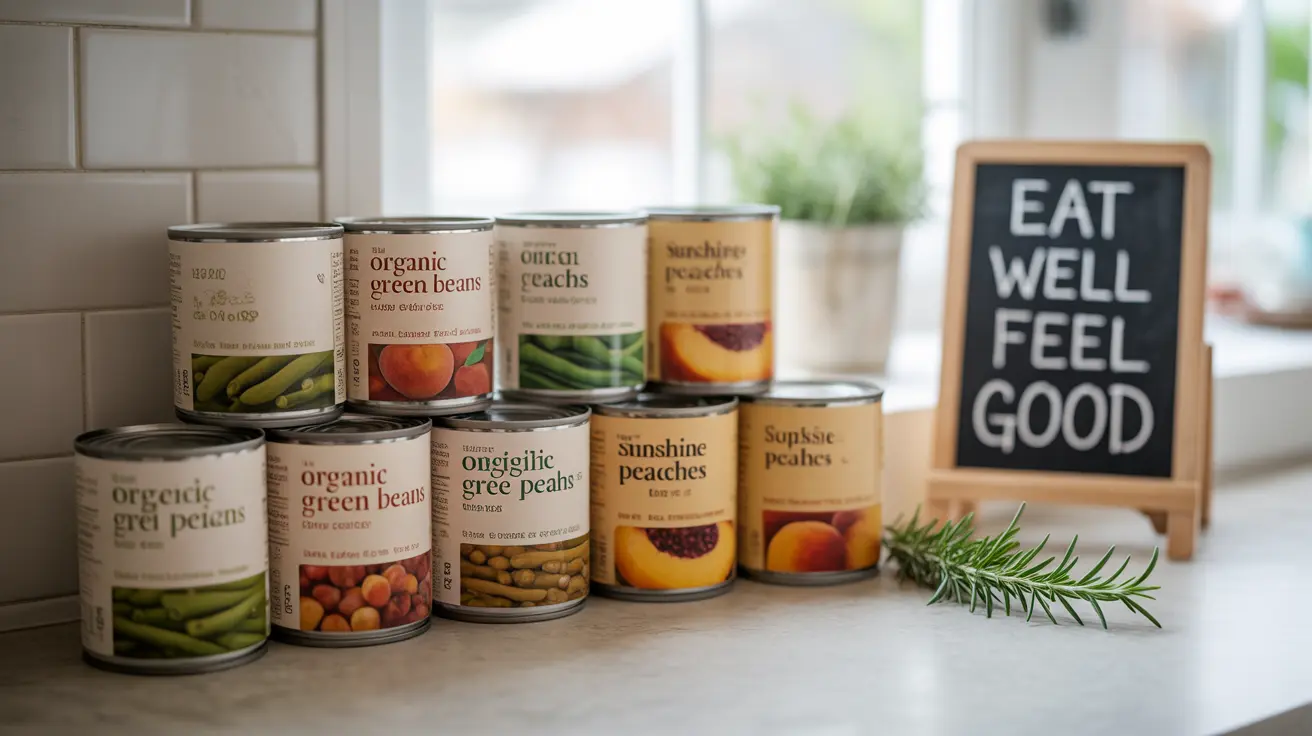Many people rely on canned foods for convenience and affordability, but concerns about their nutritional value and safety have sparked ongoing debate. Understanding the facts about canned foods can help you make informed decisions about including them in your diet while being aware of potential risks and benefits.
This comprehensive guide examines the truth about canned foods, from their nutritional content to safety considerations, helping you make healthier choices for you and your family.
Nutritional Value of Canned Foods
Contrary to common belief, canned foods can retain significant nutritional value. The canning process actually locks in nutrients at their peak freshness, and some nutrients may become more bioavailable through the canning process. For example, lycopene in canned tomatoes is more easily absorbed by the body compared to fresh tomatoes.
However, some nutrients, particularly water-soluble vitamins like vitamin C and B vitamins, may decrease during the canning process. The extent of nutrient loss varies depending on the specific food and processing methods used.
Salt and Sugar Content Concerns
One of the primary health concerns with canned foods is their typically high sodium content. Many manufacturers add salt as a preservative and flavor enhancer. Similarly, fruits are often packed in sugary syrups, which can add unnecessary calories and sugar to your diet.
Tips for Reducing Sodium and Sugar Intake
- Choose low-sodium or no-salt-added options
- Rinse canned vegetables and beans before use
- Select fruits packed in water or natural juice instead of syrup
- Look for "no added sugar" labels when available
BPA and Packaging Safety
Bisphenol A (BPA), a chemical used in some can linings, has raised health concerns due to its potential endocrine-disrupting properties. While many manufacturers have moved away from BPA, it's still important to be aware of packaging materials.
Reducing BPA Exposure
- Look for BPA-free labeled products
- Choose brands that use alternative can linings
- Transfer canned foods to glass containers after opening
- Consider frozen alternatives when possible
Food Safety and Quality
When properly processed and stored, canned foods are generally safe from bacterial contamination. The canning process involves heating foods to temperatures that eliminate harmful bacteria, including those that cause botulism. However, proper handling and storage are essential.
Safety Guidelines
- Check for dents, rust, or bulging before purchase
- Store canned foods in a cool, dry place
- Observe "best by" dates
- Discard cans that are severely damaged or leaking
Making Healthy Choices
Selecting healthier canned food options requires careful label reading and understanding of nutritional content. Focus on products with minimal added ingredients and those that align with your dietary needs.
Smart Shopping Tips
- Read nutrition labels carefully
- Choose products with simple ingredients lists
- Opt for vegetables and fruits without added salt or sugar
- Consider whole beans over refried varieties
- Look for products packed in water rather than oil or syrup
Frequently Asked Questions
- Is canned food safe to eat and does it retain its nutritional value compared to fresh food?
Yes, canned food is generally safe to eat and can retain significant nutritional value. While some nutrients may decrease during processing, many minerals and fat-soluble vitamins remain stable. Some nutrients, like lycopene in tomatoes, may become more bioavailable through canning.
- How do added salt and sugar in canned foods affect my health?
Excess sodium from canned foods can contribute to high blood pressure and cardiovascular issues, while added sugars may lead to weight gain and diabetes risk. Choose low-sodium options and fruits packed in water or natural juice to minimize these concerns.
- What are the risks of BPA in canned food and how can I avoid exposure?
BPA exposure has been linked to various health concerns including hormonal disruption. To minimize exposure, choose BPA-free products, transfer foods to glass containers after opening, and consider alternative packaging options.
- Can eating canned foods increase my risk of food poisoning or botulism?
Properly processed canned foods are generally very safe from bacterial contamination. The risk of botulism is extremely low in commercially canned foods. However, always check cans for damage and proper sealing before use.
- What should I look for on labels to choose healthier canned food options?
Look for products with no added salt or sugar, simple ingredients lists, and BPA-free packaging. Check sodium content, choose foods packed in water or natural juice, and verify that cans are undamaged and within their expiration dates.




